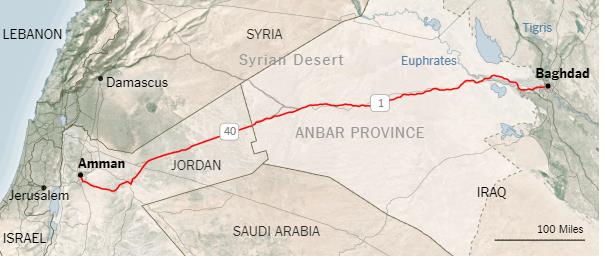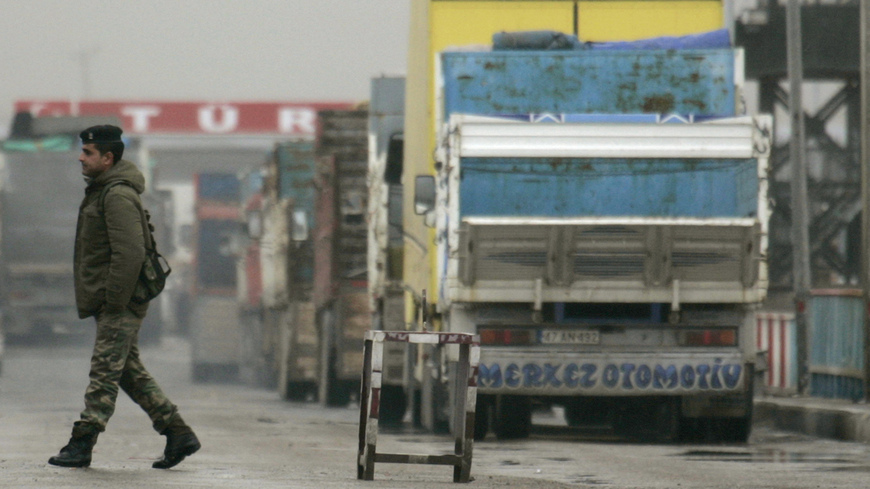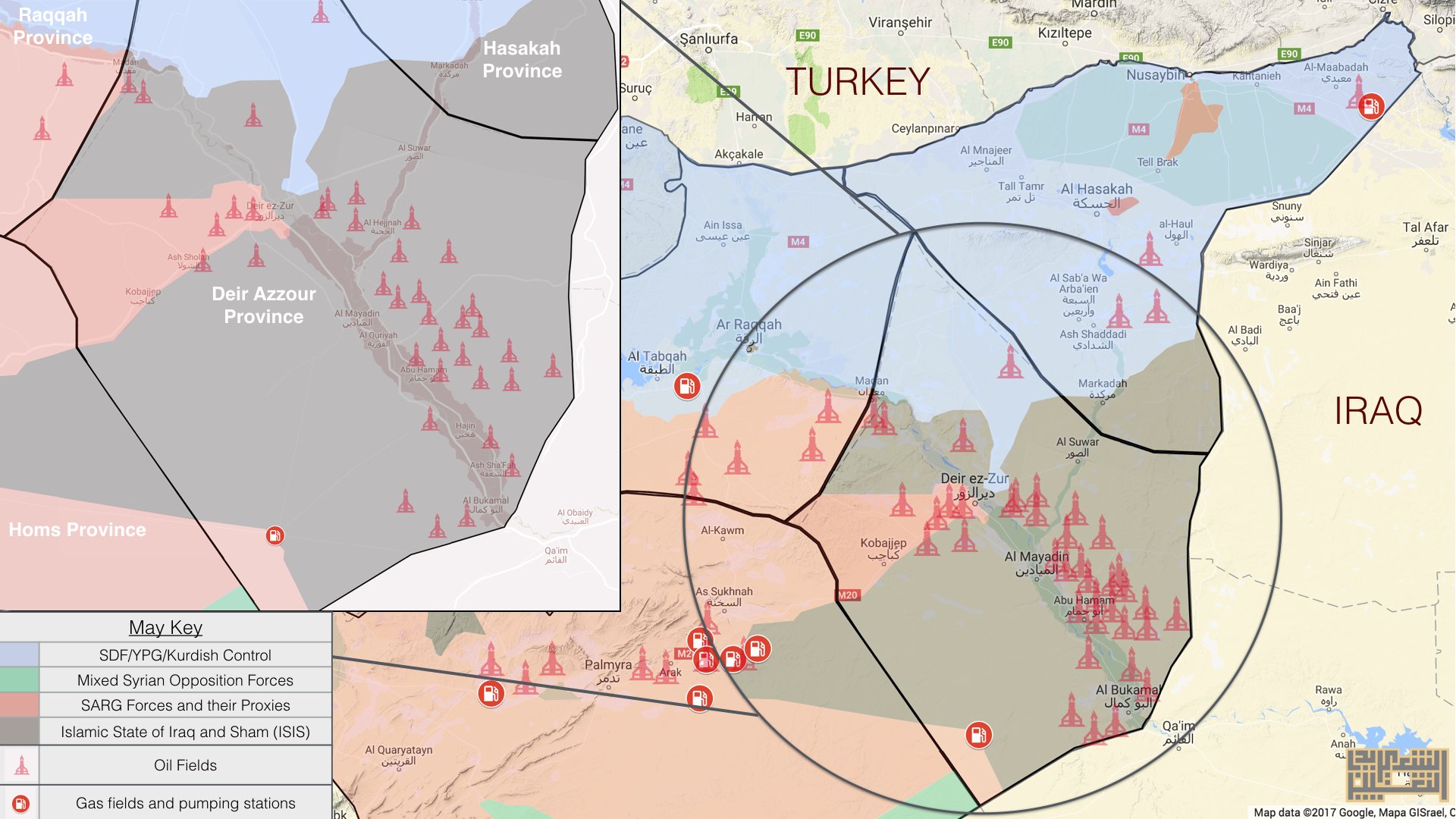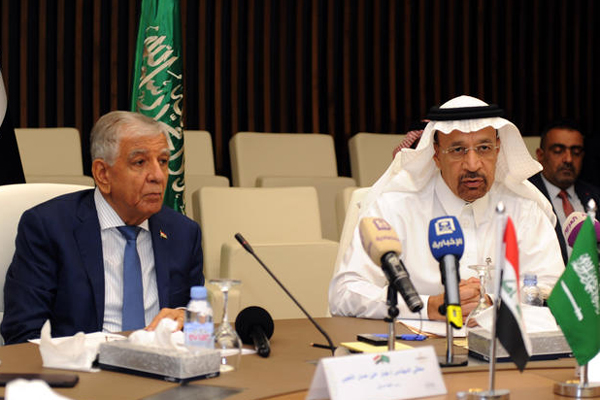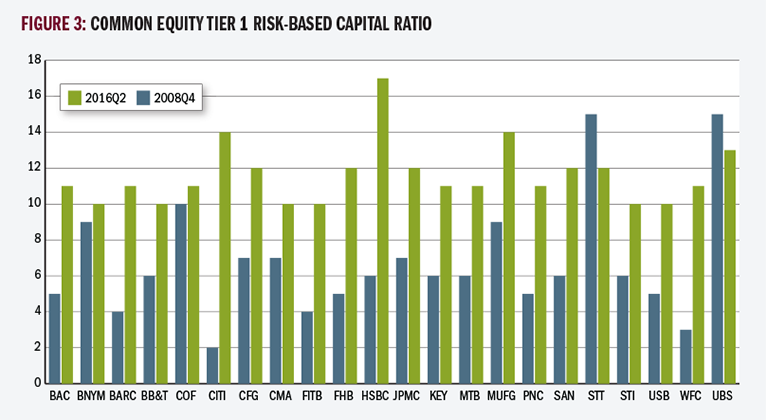The partnership Turkey, Iran and Iraq formed against the Kurdistan Regional Government (KRG) independence referendum in September has left Tehran pleased but left Ankara severely disappointed.
Ankara had two basic expectations about the partnership. First, Turkish officials believed that a new pipeline would be built to carry oil from Kirkuk, Iraq, to Turkey’s Ceyhan oil terminal, replacing a damaged line and bypassing the KRG. And second, as an alternative to the border crossing from Habur, Turkey, into Iraq — which provides lucrative income to the KRG — a new border crossing to Iraq would open at Ovacik in Turkey.
Ankara calculated that a crossing at Ovacik, at the junction of Iraqi-Syrian-Turkish borders, would:
- Deprive the KRG of income from customs taxes.
- Provide a shorter road connection between Tal Afar and Mosul, which features in Turkey’s “New Ottoman” dreams.
- Strengthen relations with Turkmens and sever the connection between the Kurdistan Workers Party (PKK) at the Yazidi town of Sinjar and the Kurdish Rojava region in northern Syria.
- Be linked to the main highway to Mosul with a 120-kilometer (75-mile) road upgraded to international standards and a new bridge to be built over the Tigris River.
But the Ovacik project has been shelved and an alternative pipeline plan — involving Iran — has emerged, marginalizing the proposed new pipeline to move oil from Kirkuk to Ceyhan.
For three years, the KRG sold oil from the Kirkuk-Ceyhan pipeline. But the central government in Baghdad took over the Kirkuk oil fields after the Kurds threatened in September to seek independence.
On Oct. 16, Baghdad implied that the Kirkuk oil would be sent out via Turkey as in the past. The pipeline had been used irregularly during the battle against the Islamic State (IS), and Baghdad cut off the flow completely after the September independence referendum. Turkey expected the flow to resume — but it hasn’t.
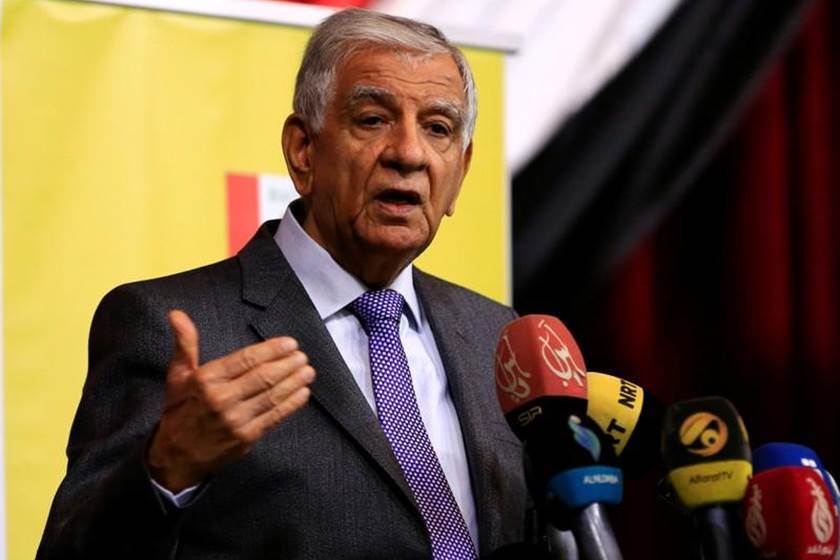
Iraqi Oil Minister Jabar Ali al-Luaibi [Allibi, Luiebi] said on Sunday that a deal signed with Tehran to swap up to 60,000 barrels per day of crude produced from the northern Iraqi Kirkuk oilfield for Iranian oil is for one year.
“This is an agreement for one year and then we will see after that whether to renew it,” Luaibi told reporters in Kuwait City on the sidelines of an Arab oil ministerial meeting, Reuters reported.
The agreement signed on Friday by the two OPEC countries provides for Iran to deliver to Iraq’s southern ports “oil of the same characteristics and in the same quantities” as those it would receive from Kirkuk.
The deal in effect allows Iraq to resume sales of Kirkuk crude, which have been halted since Iraqi forces took back control of the fields from the Kurds in October.
Between 30,000 and 60,000 bpd of Kirkuk crude will be delivered by tanker trucks to the border area of Kermanshah, where Iran has a refinery.
The two countries are planning to build a pipeline to carry the oil from Kirkuk, so as to avoid trucking the crude.
The pipeline could replace the existing export route from Kirkuk via Turkey and the Mediterranean by pipeline.
(Sources: Tasnim, under Creative Commons licence; Iraqi Ministry of Oil)
By John Lee.
Saudi Arabian companies have signed 18 agreements with the Iraqi government to jointly develop several key projects in the energy sector.
The statement from the Iraqi Oil Ministry gave little detail, but quotes the Saudi Minister of Energy Khalid Al-Falih as saying that Saudi companies are keen to develop relations with Iraq, adding that several important Saudi companies will open their branches in Iraq to “achieve more bilateral cooperation and expand the size of investments in the sectors of oil, gas, industry, importing, infrastructure and [other sectors].”
According to Reuters, both petrochemical giant Saudi Basic Industries Corp (SABIC) and Saudi Arabia’s Industrialization & Energy Services Co (TAQA) are planning to open offices in Iraq.
(Sources: Iraqi Oil Ministry, Reuters)
US Ambassador to Iraq Douglas Silliman (pictured) has joined other distinguished guests and speakers at the Iraq Banking and Investment Summit on December 2.
The Ambassador spoke about the need to create economic opportunity for Iraq’s younger generation through a transition from a government-controlled, oil-based economy, toward a more diversified free market system that fosters and encourages private investment.
He noted the need to improve the ease of doing business in Iraq and emphasized that a sound banking system will be crucial to provide financing for aspiring entrepreneurs and business people.
The U.S. Embassy supports Prime Minister Abadi’s efforts to address these reforms and is actively engaged in promoting U.S. business investment in Iraq.
(Source: US Embassy)
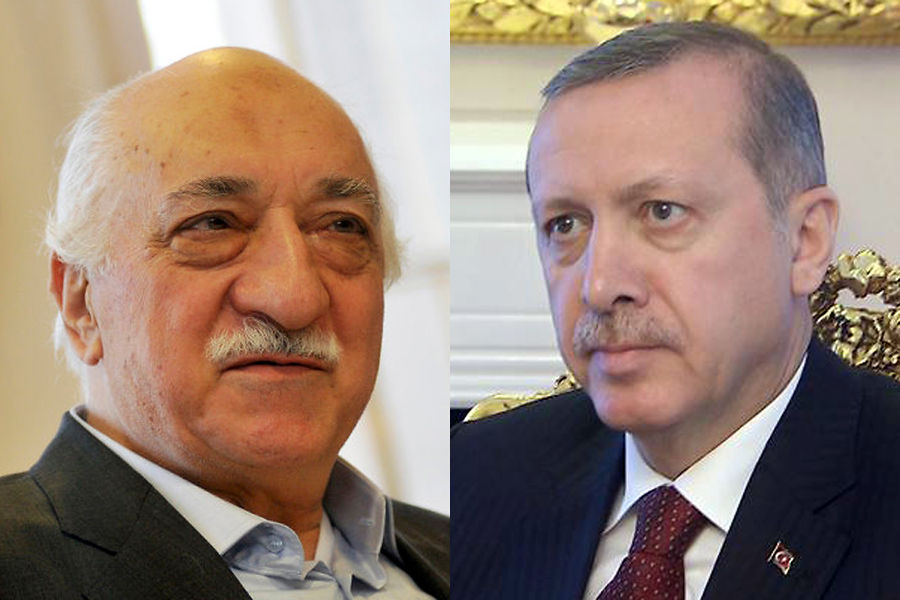
By John Lee.
The escalating tensions between Baghdad and Erbil have triggered an unprecedented upsurge in applications from wealthy Iraqi nationals for second citizenship programs.
Data collected by Savory & Partners, one of the largest companies in the Middle East that provides citizenship-by-investment programs, shows that compared to the same quarter last year, interest has increased by 300 percent, while applications processed are more than 42 percent higher than last year.
Company founder and CEO Jeremy Savory (pictured) told Iraq Business News:
“The immediate days following the Kurdistan referendum saw a remarkable spike in the number of applicants from Iraq, not only from Kurdish Iraqis, but from all parts of Iraq.
“In the past, the Iraqi passport was very strong … but over recent years the number of countries which have visa-free waivers has dropped considerably; hence, the need for second passport that enables people to travel to more countries visa free has seen a great spike.
“We have done Iraqi citizenship applications for Iraqi nationals for all the five Caribbean jurisdictions, all of which have been approved by the government. We have done European citizenship applications for Malta and Cyprus for Iraqi nationals, too.”
Iraqis constitute the company’s third largest client group after Syrians and Lebanese, with St. Kitts, Grenada and Dominica in the three most popular programs with an equal demand for all three programs. The company had only one Iraqi rejection in the last six years out of total of close to 800 passports, a rejection rate of less than 1 percent.
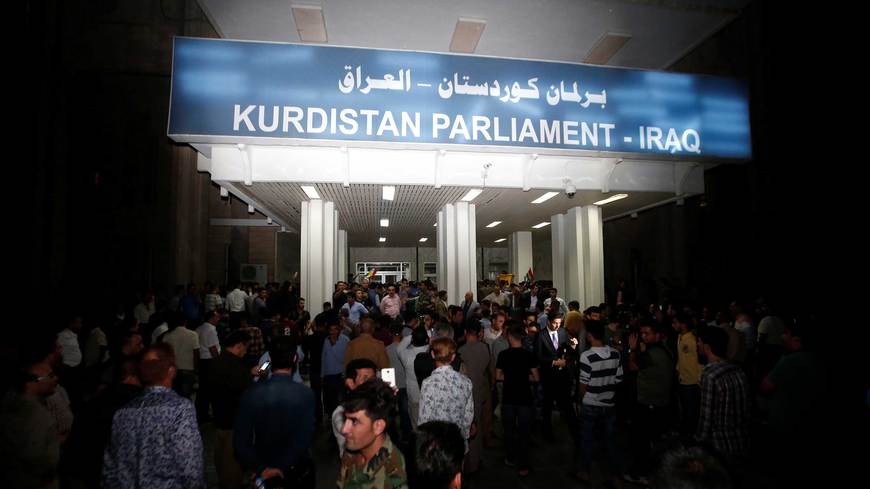
By Omar Sattar for Al Monitor. Any opinions expressed here are those of the author and do not necessarily reflect the views of Iraq Business News.
The first draft of Iraq’s federal budget for 2018, approved by the government at the start of the month, envisions slashing the Kurdish region’s share from 17% to 12.7% of the total.
The cut is one of several “punitive” constitutional measures that followed the Sept. 25 Kurdish referendum on independence. Those measures also saw Baghdad seize control of disputed areas, border crossings and air bases, and demand that the Kurdistan Regional Government (KRG) transfer taxes and other public revenues to the central government.
This is the first time that the KRG’s share of the budget has been subject to review since 2005, when the government of then interim Prime Minister Ayad Allawi allocated 17% to the Kurdish region, despite the fact there has not been an official census in Iraq since 1997.
“There have been no negotiations so far with Baghdad on the budget or other pending issues, despite the KRG’s desire for talks,” said parliament member Najiba Najib of the Kurdistan Alliance. “The central government is still refusing to receive the Kurdish delegation.”
“Iraq still doesn’t currently have official statistics,” she added. “Even data from the Ministry of Trade is inaccurate. It’s not reasonable to believe that the population of the Kurdish region has stayed at just 5 million, as the United Nations said in 2003 when it recommended the KRG receive 13% of the national budget.”
She said the central government has felt “arrogant and powerful” since it regained control of Kirkuk.
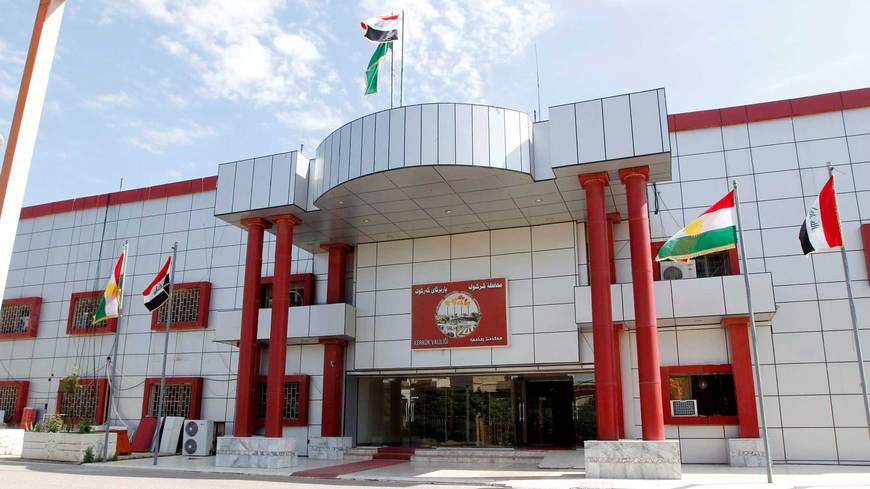
By Nahwi Saeed for Al Monitor. Any opinions expressed here are those of the author and do not necessarily reflect the views of Iraq Business News.
Although Baghdad imposed its authority on Kirkuk on Oct. 16 and appointed a new temporary governor, Kurds still hope to reach an agreement with Baghdad that will allow them to appoint a Kurdish governor in the disputed province between Baghdad and Erbil.
In the latest development, the Patriotic Union of Kurdistan (PUK) nominated a Kurdish candidate (the former head of the provincial council, Zarkar Ali) on Nov. 12, and demanded that the provincial council hold a meeting to vote on the new governor.
The Kurds’ proposal is one of several options on the table.
The first option is appointing a military governor. Some members of the Arab and Turkmen communities in Kirkuk proposed this before and after the Kurdish referendum. For Kurds, appointing a military governor, even if for a while, means Kirkuk’s restoration to the pre-2003 era and the reminder of bitter memories when the Kurds were the most aggrieved and affected group in the city.
The central government may be powerful enough to hold Kirkuk for now, but appointing a military governor would push the Kurds to one side, which is likely to prove both provocative and unsustainable. Election results indicate that the Kurds are larger than other groups in the province, although there has been no official and reliable census for some time.
Kurds will reassert their claim on Kirkuk at the first available opportunity — both for the symbolic reason that many Kurds regard Kirkuk as their “Jerusalem,” and for the economic reason that control of Kirkuk’s oil would play a big role in any future Kurdish independence bid.
The upshot is that Kirkuk was and remains a “disputed territory”; as a US State Department statement said Oct. 20, “The reassertion of federal authority over disputed areas in no way changes their status — they remain disputed until their status is resolved in accordance with the Iraqi constitution.”


